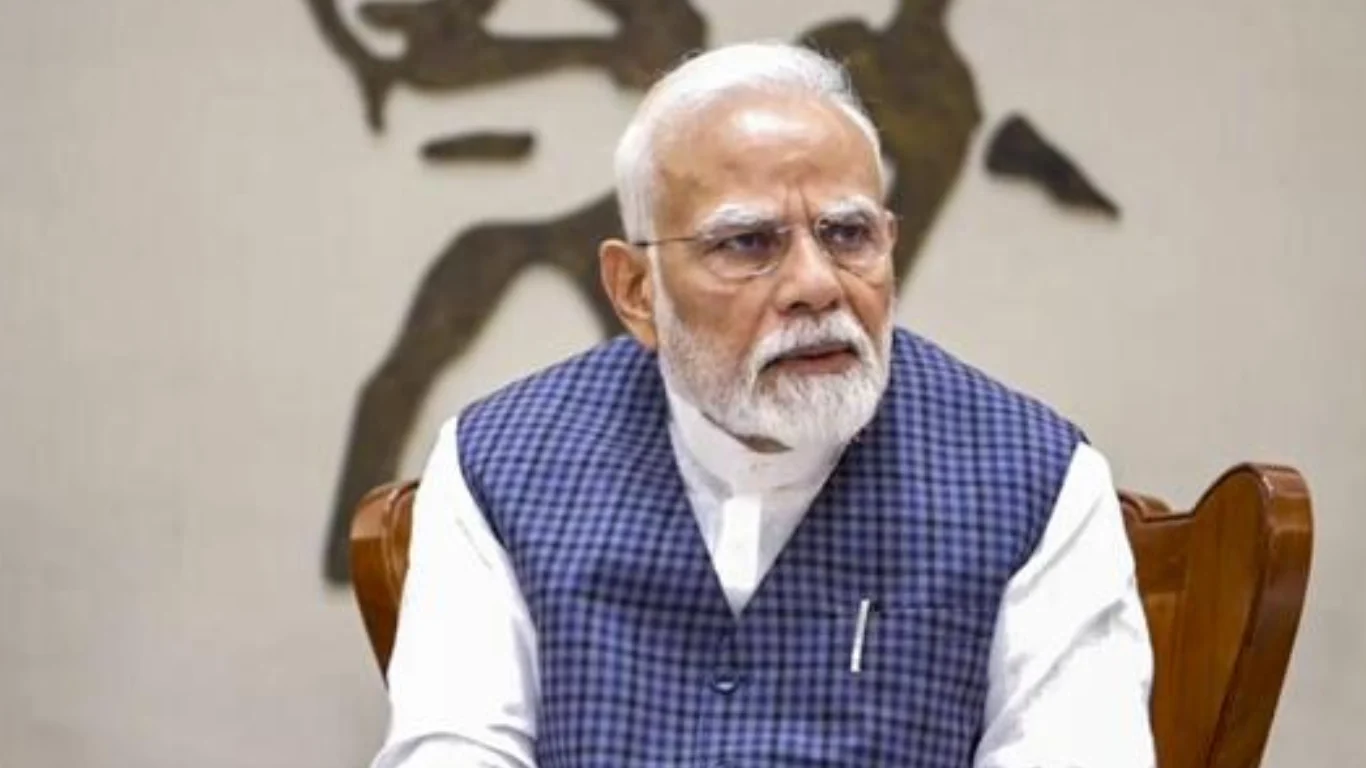
On May 9, 2025, Prime Minister Narendra Modi engaged in a critical phone conversation with U.S. Vice President JD Vance. The discussion centered on the escalating military tensions between India and Pakistan, particularly following India’s Operation Sindoor on May 7, which targeted terrorist infrastructure in Pakistan in retaliation for the Pahalgam attack that resulted in the deaths of 26 civilians.
India’s Firm Stance on Retaliation
During the call, Prime Minister Modi conveyed a resolute message to Vice President Vance. He emphasized that any further military actions by Pakistan would be met with a response from India that would be “more forceful, stronger, more devastating” than anything previously undertaken by Islamabad. This statement underscored India’s commitment to safeguarding its sovereignty and responding decisively to any provocations.
Diplomatic Engagements Post-Operation Sindoor
Following the execution of Operation Sindoor, India’s External Affairs Minister S. Jaishankar engaged in discussions with international counterparts, including U.S. Secretary of State Marco Rubio. These conversations reaffirmed India’s position that any military action by Pakistan would be met with a proportionate and robust response. The Indian leadership made it clear that there would be no ambiguity in their actions: “They fire, we fire. They stop, we stop.”
International Reactions and U.S. Mediation Efforts
The escalation prompted significant international concern, with the United States playing a pivotal role in mediating between the two nuclear-armed nations. Vice President Vance and Secretary of State Rubio engaged in direct talks with both Indian and Pakistani officials to de-escalate the situation. Their efforts culminated in a ceasefire agreement, which, while fragile, brought a temporary halt to the hostilities.
Conclusion
The May 9 phone call between Prime Minister Modi and Vice President Vance highlighted India’s unwavering stance on national security and its readiness to take decisive action in the face of aggression. While diplomatic efforts have led to a temporary ceasefire, the underlying issues remain unresolved, and the international community continues to monitor the situation closely.

















